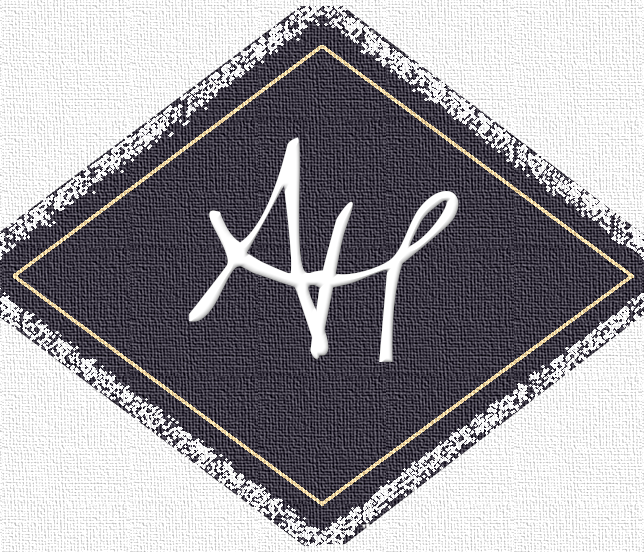The Selah Series - Pause and Reflect (part 1)
I don't know about all of you, but I'm not always comfortable with the slowing down and thinking deeply. I speak quickly, I write quickly, I think quickly. I like to think deep thoughts, sure, but I prefer for them to come in a flash of insight. Pondering is work. You know how some little kids are just incapable of sitting still for even the shortest amount of time? That's my brain. Sitting in the chair, humming a song, kicking its little feet, asking if it's time to get up yet. Some days it's a miracle that I manage to put together cohesive sentences in real life where I can use facial expressions to get my point across, let alone dig for spiritual truths and present them in an ordered format here in an online space of text and distance.
And if I’m completely honest, I’ll admit there are some things I don't want to stop and think about. I avoid reflecting, on purpose, because I know where the Holy Spirit wants to direct my thoughts. I often know what He wants to change in me. I know the uncomfortable next step He’s asking me to take, and I just want to sit still in the comfort for a little bit longer.
So I keep my days and my mind filled with activity. I work full time, I stay active on social media, I work with fiber craft that has me constantly thinking ahead within the project. Even in my quiet time, with my Bible and journal, I try to control the flow of the study, and the outcome of the conversation the Spirit is trying to have with me. I avoid the prompts to pause and reflect, because if I reflect to the point of understanding, there might be action required of me.
Okay, so I know I'm not the only one who does this. How do I know? Because in the Old Testament there's this Hebrew word, Selah, that's used more than 70 times. It has some variations in spelling, and I'm certainly not an expert in the Hebrew language, but for the most part it's meaning seems to be a command to PAUSE.
Selah is actually a musical term, and you see it most in the Psalms (maybe you've noticed it in some Psalms, and you've kind of skipped over it, because you didn't know what it meant). It was a direction to the musicians to pause - to actually stop playing. The purpose of the pause was to force the worshipers to think back over the words they had just sung. To reflect and examine, to allow the lyrics to bathe their minds and souls with truth.
One very famous Selah Psalm is Psalm 46. In Psalm 46 we get a song written in 3 distinct sections, with a Selah after each. The next three posts in this four-part series will look more deeply into each section. But first, a quick overview.
It is thought that Psalm 46 describes a real historical event, possibly an Assyrian siege of Jerusalem. Sometimes we're tempted to read this Psalm with modern eyes and take the imagery of battle scenes as metaphor for God's protection in our own lives. But the people who heard and sang this song would have remembered the events of those days. The direction to Pause. Reflect. would have been more than just "think about what it might mean" - they were actively remembering all the emotions they experienced as well as the sounds, smells, sights...
The wonderful thing about the way the Psalm is written, though, is that it does prompt anyone reading it to put themselves back into their own day of battle. Even if we weren't physically huddled together in fear of Assyrian oppressors, each one of us still has a moment (or more than one) that we can point back to and say, "God was there. I'm still not sure how it's okay, but today, things are okay."
That is a major part of my story - God has always been there. I have no idea how I'm okay, but today I am. I hope you'll pray with me and prepare to have your own Selah moments as we look at these words that have given so many people comfort around the world for thousands of years.


